-
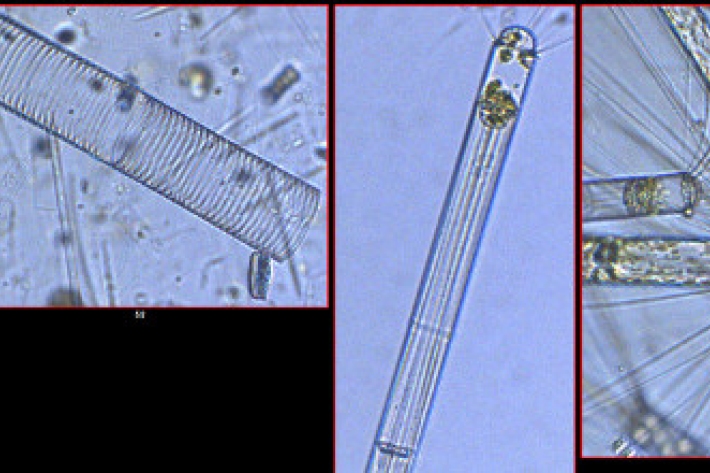
Voyage Update 3: Phytoplankton producers powering the world
23 January 2019. By Voyage Leader Dr Richard O'Driscoll. -
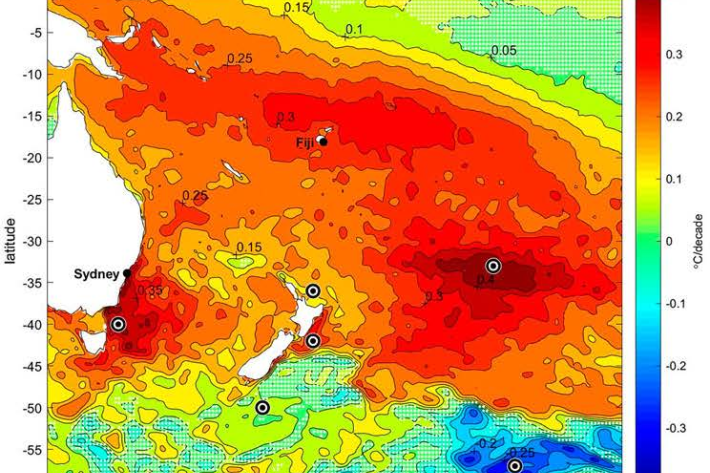
Scientists confirm warming seas around New Zealand
Media release24 January 2019The water in the New Zealand region is significantly warmer than it was 30 years ago, and all indications are the warming trend will continue, says a NIWA scientist. -
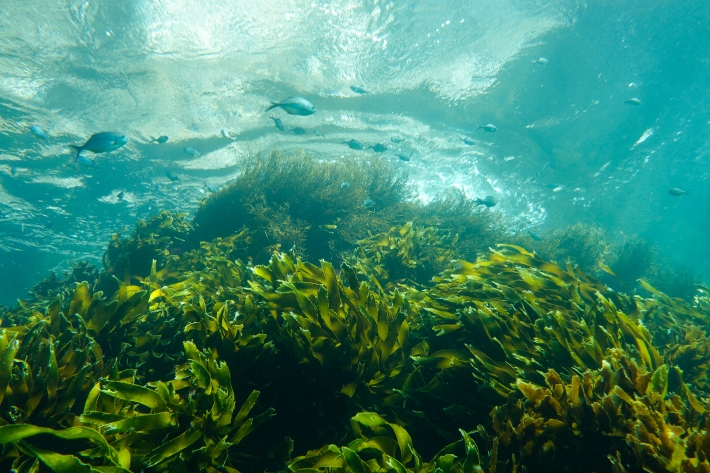
Sea Surface Temperature Update
Publication seriesTo give insights to sea surface temperatures, Earth Sciences NZ scientists have combined predictions from ten climate models from institutes around the world. -
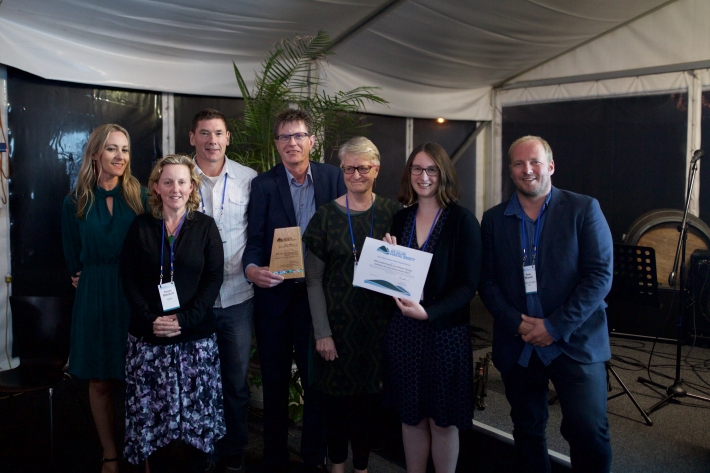
NIWA joint winner of 2018 Terry Healy Coastal Project Award
Media release27 November 2018A trio of lead authors from NIWA has been named alongside the Ministry for the Environment and others as joint winner of the 2018 Terry Healy Coastal Project Award. -
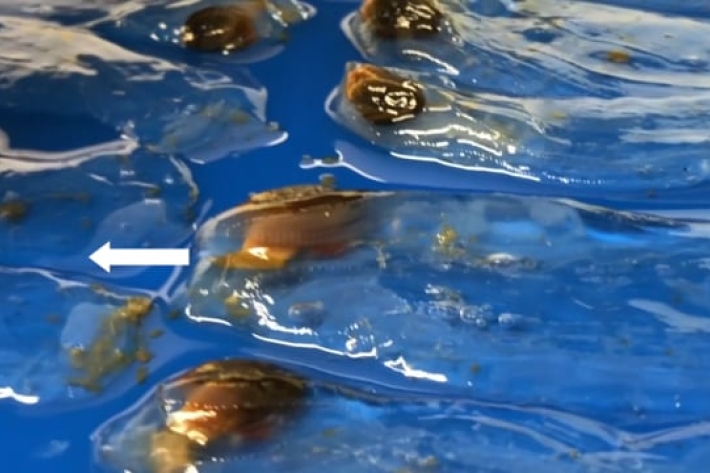
NIWA Blake Ambassadors Vlog 1: Sampling salps 24/7
Sampling salps from different depths -
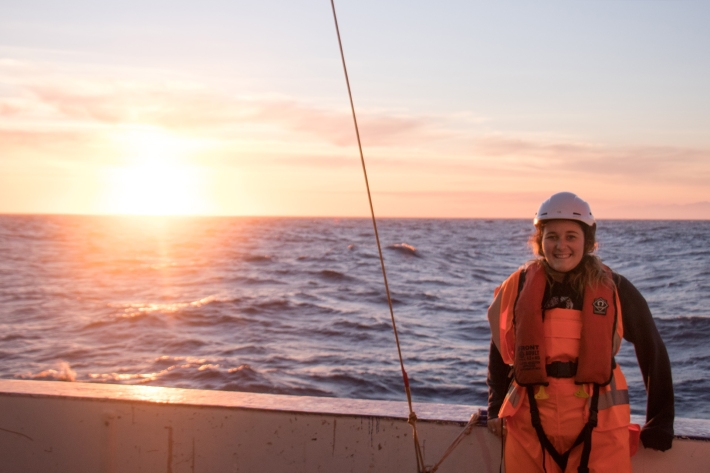
NIWA/Blake Ambassadors Blog 1
24 October 2018: NIWA Blake Ambassadors Lana Young and Siobhan O'Connor report back -
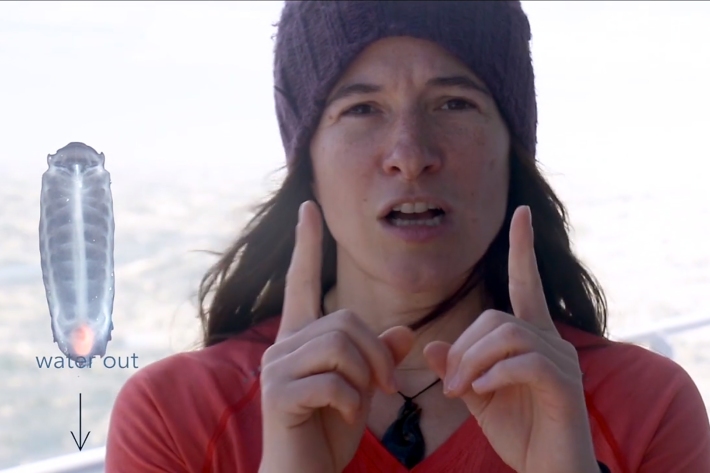
The Year of the Salps project
Students at Leigh School have been working with marine scientists and the 'Year of the Salps' project partners to learn how to count sea salps, understand salp life cycle phases and the importance of salps in marine ecosystems and their carbon-cycling effects on climate change. -
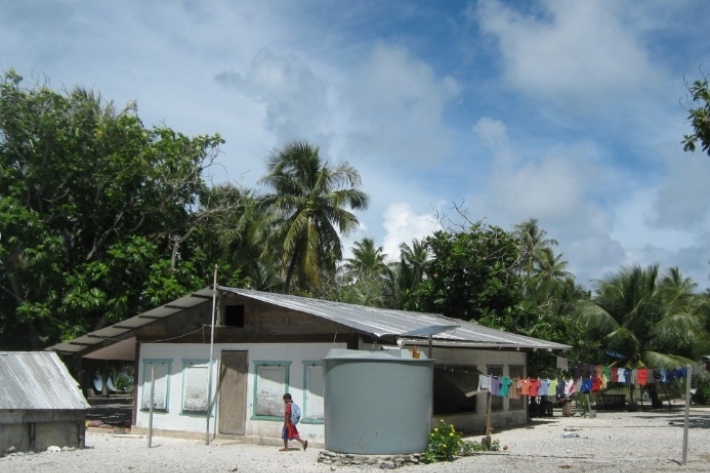
Marshallese benefit from new RiskScape drought tool
Feature story17 October 2018Inhabitants of the Marshall Islands may not be able to avoid drought, but thanks to a new tool co-developed by NIWA they can now plan ahead to better manage water resources when the big dry looms. -
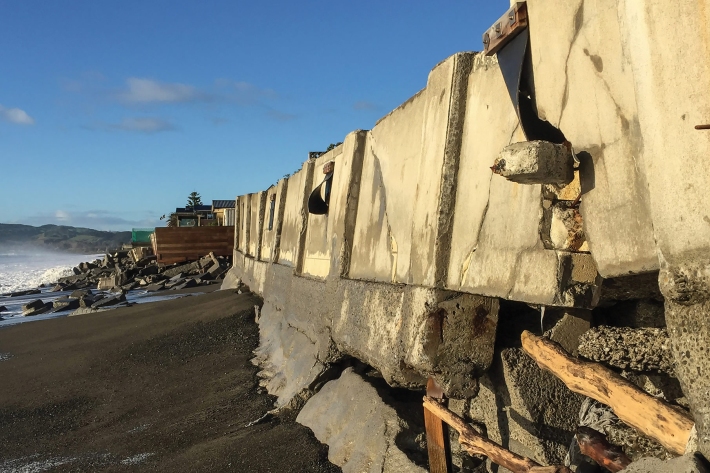
A say on the sea shore
Feature story16 October 2018Coastal communities around New Zealand are getting a say on how to respond to sea-level rise, and NIWA is helping them. -
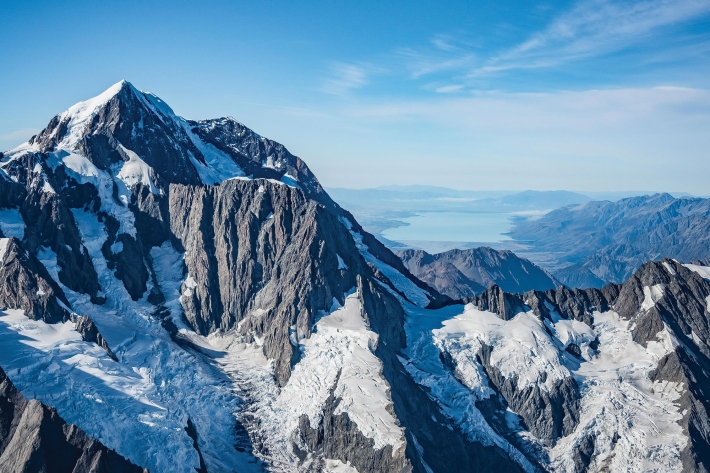
NIWA 2018 glacier survey
Feature story16 October 2018What happens when the contribution from seasonal snow and ice melt changes in a warmer world? -

Fieldays - farming for the future
Feature story10 October 2018Farmers visiting Fieldays at Mystery Creek in June could not have missed the take-home message: that science and innovation are key to their continued success. -
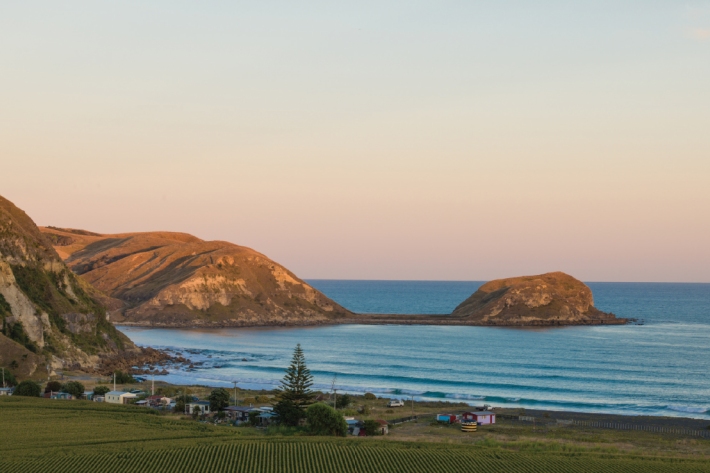
Te Huringa ki te Rangi – He Rautaki Tāwariwari
Te Huringa ki te Rangi is a decision-making model to support indigenous and coastal communities.
